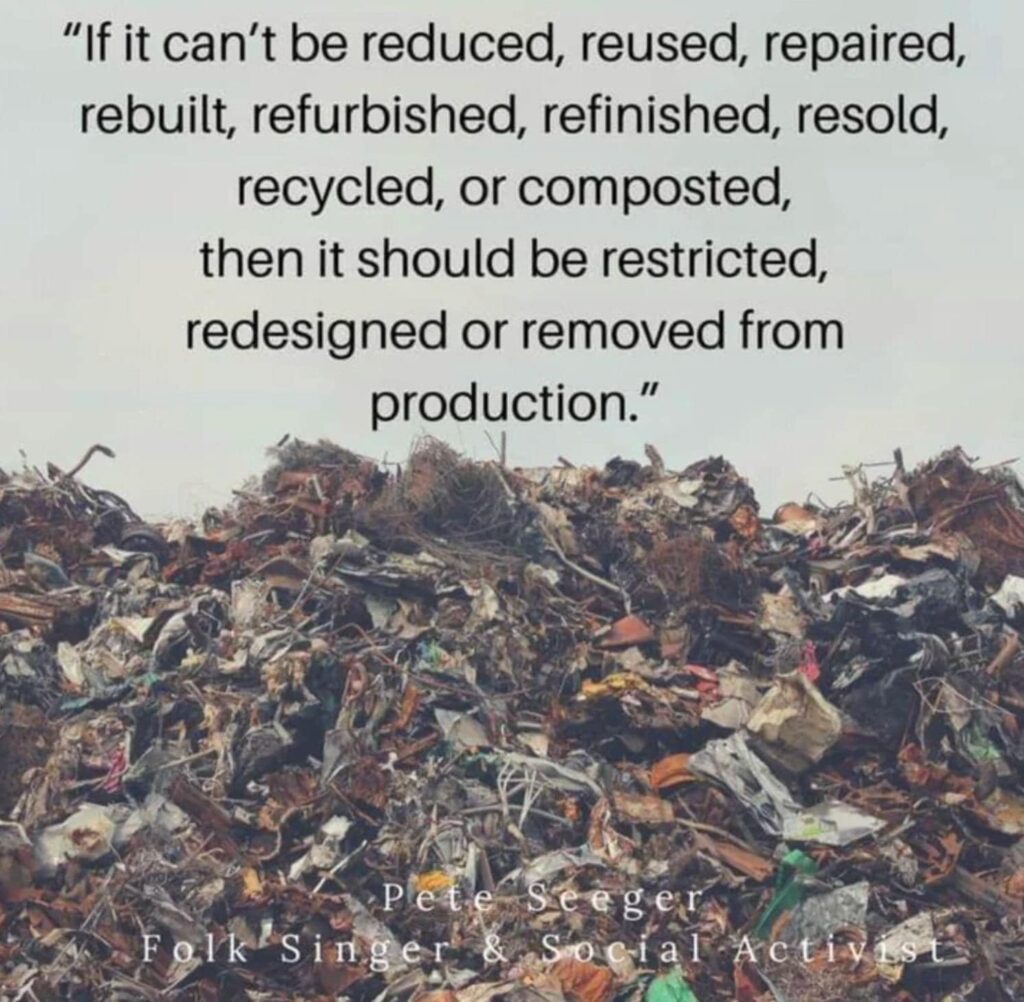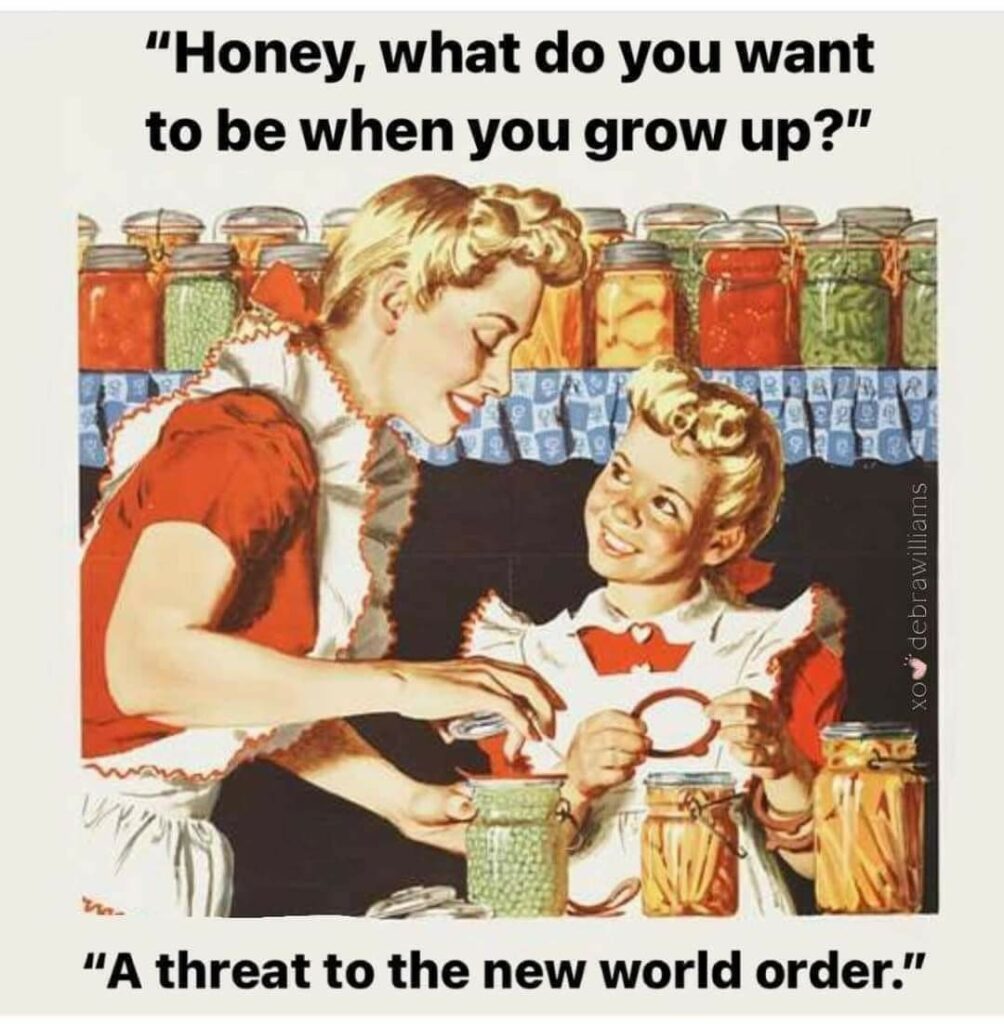We are feeling a cultural current many of us recognise but rarely name clearly. A feeling that something fundamental has gone wrong, not just politically or economically, but culturally. An experience that imagination has narrowed, participation has thinned, and people are increasingly pushed into the role of spectators rather than participants in shaping the world.
This didn’t appear overnight. It grew out of decades of #neoliberal restructuring that reshaped culture, technology, and social life. Collective institutions were hollowed out, public spaces became marketplaces, creativity became branding and community became “audience”. Instead of shared projects, we were offered platforms, instead of commons, we were given services, instead of any participation, metrics.
This cultural shift produced a generation who feel the weight of a system that seems unavoidable – a reality that presents itself as permanent even as it fails to meet human needs. People sense the limits, but struggle to imagine alternatives because the cultural language for collective agency has been systematically eroded.
This is the environment the #dotcons thrive in, where the #closedweb turns culture into extraction and participation becomes only more engagement metrics. Community, user base, conversation content streams are where cooperation is #blocked due to competition for visibility.
And over time, this reshapes what people think about organising itself. Grassroots action begins to look unrealistic, messy, and inefficient compared to polished controlled platform experiences. Then trust disappears, replaced by algorithmic mediation and institutional management.
Yet beneath this dominant culture, another current has always existed, the #openweb culture, rooted in collaboration, experimentation, shared stewardship, and imperfect but real participation. IP protocol stack built on mailing lists, wikis, federated systems, grassroots media, DIY infrastructures, spaces where people build together rather than consume.
This culture never fully disappeared, as it was needed by the mainstreaming, it was just pushed to the margins. The #OMN project grows from this undercurrent, not as a reaction against technology, as a continuation of the parts of internet culture that treated technology as commons rather than a commodity. It #KISS recognises that infrastructure shapes social behaviour, and that rebuilding a healthier culture requires rebuilding the spaces where people meet, publish, and organise.
The difference is social logic, from social platform ownership grows to shared protocols, from central moderation to community mediation, from passive users to active participants. It’s the change from scale-as-growth to scale-as-federation.
Importantly, this isn’t nostalgia or any path to purity politics. The culture that produces #OMN understands that systems are messy. Grassroots projects fail, fork, and struggle. But instead of seeing this as weakness, it treats messiness as the natural process of collective growth. Composting rather than perfection.
The mistake of both corporate platforms and #NGO approaches is trying to engineer clean solutions to fundamentally social problems. The #geekproblem looks for perfect systems; the grassroots path builds resilient ones through ongoing practice.
This is why affinity groups, federated networks, and the #4opens matter. They create structures where trust emerges from shared action rather than imposed authority. The culture behind #OMN is not defined by ideology alone, it is defined by lived practice of people who build together and communities that govern themselves, to remain open to change
In a world that tells us “there is no alternative,” the simple act of building functioning alternatives becomes quietly radical. And when enough small, federated efforts connect, what once felt impossible begins to look normal again. That is how cultural change happens, not through grand declarations, but through many small working examples growing from shared soil.
The #openweb is that soil, #OMN is the seeds.

For sceptical #FOSS engineers, this isn’t an argument for abandoning structure, security, or technical rigour, it’s the opposite. The lesson from decades of open-source development is that trust does not mean naïveté; it means building systems where failure modes are expected and mitigated through transparency, modularity, and federation. #OMN applies these same engineering principles socially: small loosely-coupled groups instead of monoliths, open protocols instead of platform lock-in, observable processes instead of hidden governance.
If “pure trust” sounds unrealistic, think instead of reproducible builds, version control, and peer review, trust emerges from verifiable processes and shared ownership. The goal isn’t utopian social engineering; it’s creating resilient sociotechnical systems where collaboration scales horizontally because no single node becomes a point of failure or control.









